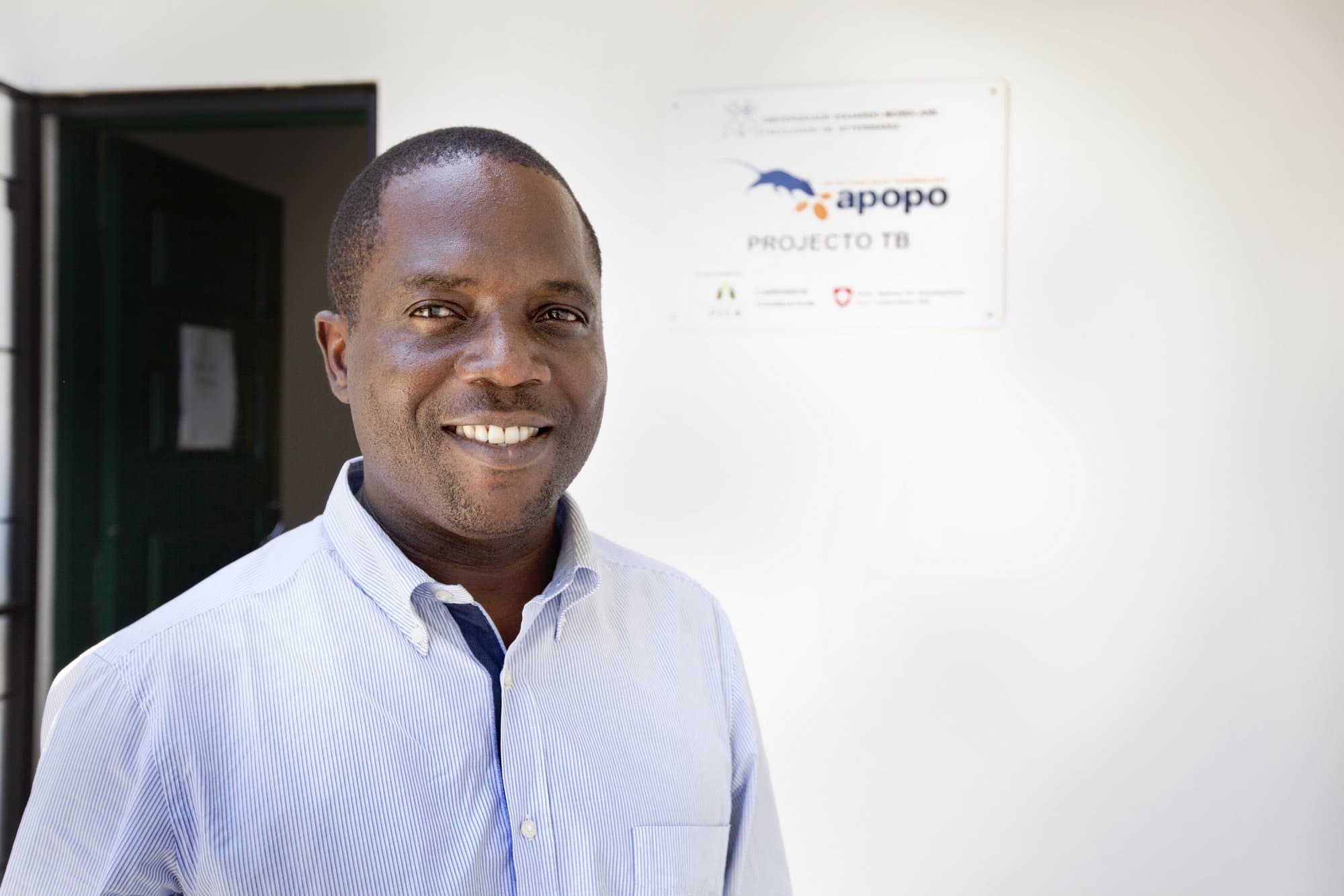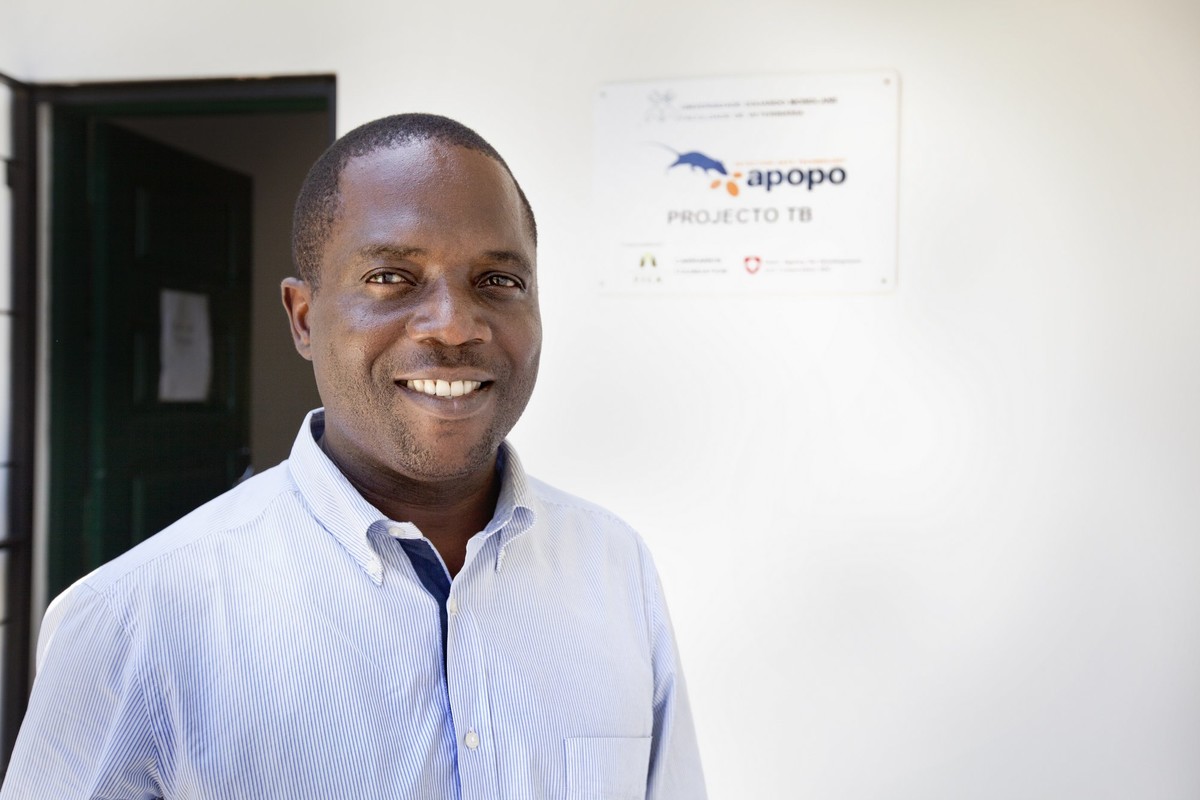Partner: Rafael
The Vet Director who developed a co-research project.
“I am the Director of the Veterinary University and before that I was a lecturer here at Eduardo Mondlane University, Maputo. I have been aware of the TB work that APOPO has been doing for years through Emilio Valverde, the APOPO TB manager here in Maputo. When he told me that APOPO was going to build a clinic here I was overjoyed. Their work with the TB rats is not only groundbreaking but very effective and Mozambique has a high TB burden. In fact it is number 6 in the world. Nothing to be proud of.
The clinic took 4 months to build and we all mucked in. Everyone was very excited. It opened on the 28th of June 2013 and since then it has resulted in a 37% increase over the clinic in TB detection rates. This is not a criticism. The clinics are often underfunded, understaffed and ill-equipped while APOPO has well trained TB technicians, up to date equipment and of course very fast rats. When the rats are testing sputum samples, they work very fast and speed up the work of the APOPO technicians as they only retest the samples that the rats indicate as suspect. One rat can evaluate more samples in several minutes than a lab technician can do in a day! That’s why the rats significantly increase the TB detection rates.
The Eduardo Mondlane University is closely involved with APOPO. We are carrying out projects on rat breeding and identifying the best performers, setting up a rat health system – each rat is worth about 6000 euros in terms of man-hours and materials, so they are a significant asset. I am also working out a dissemination protocol in order to study rat performance and make it even more efficient. The results show that the rats are really a new and important technology and we must make sure that their performance is productively researched and monitored.
One very important research area is in the relationship between TB and HIV. For technical reasons, it is much more difficult to find TB in a sample from someone who is also suffering from HIV. Yet it is very common to find the co-infection TB/HIV, especially in a country with a 16% HIV prevalence. This means that many TB detections are getting missed, which is a vicious cycle because TB drastically affects a person’s energy and ability to fight infection, whilst HIV negatively affects their immune system. So APOPO is carrying out research specifically on people with TB/HIV co-infection. Perhaps one day we can deploy the rats in the specific areas where it is prevalent.”


